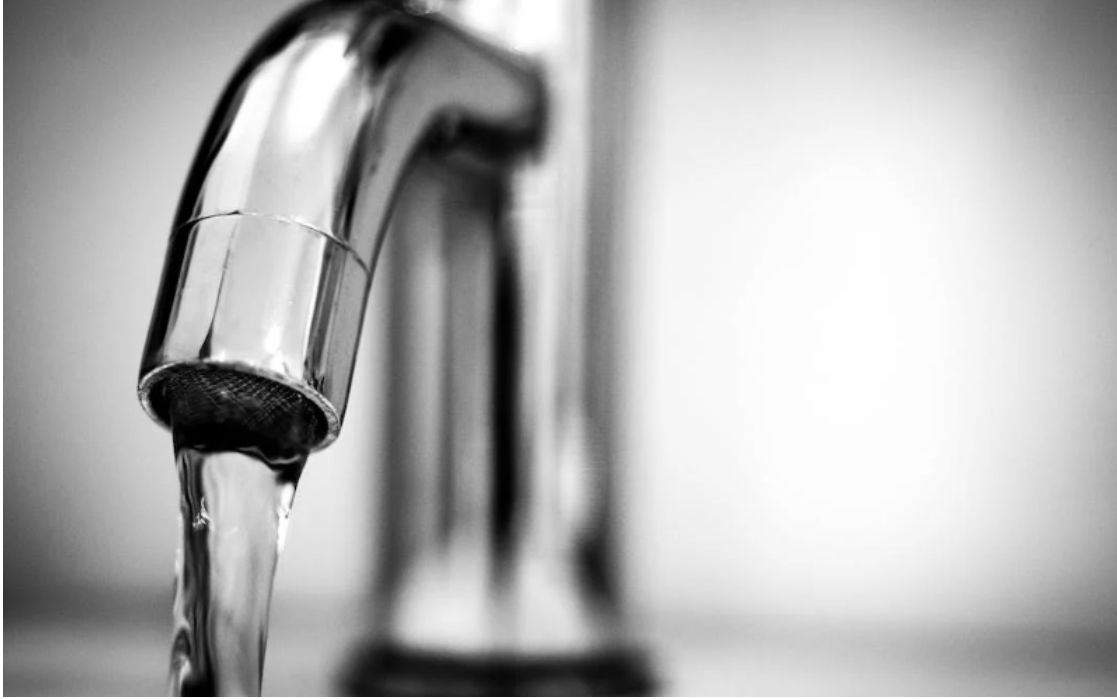Tankless Water Heater: Excellent Alternative to Traditional Tank Water Heaters

A tankless water heater is a device that heats water without a storage tank. Instead, water is heated only when required. These water heaters are sometimes known as "on-demand" water heaters due to the fact that they only heat water when it is required. The essential components of a tankless water heater are the heat exchanger, gas burner or electric element, circulation pump, and control panel.
A tankless water heater is considered the best hot water system, among others that continuously gaining popularity in recent years as an alternative to traditional tank water heaters. Tankless water heaters can be powered by electricity, natural gas, or propane. They are more efficient than traditional storage water heaters because they do not waste energy by heating and re-heating water that is not being used.
Key Features of Tankless Water Heater
Are you considering a tankless water heater for your home? There are many things to consider when selecting a water heater, but tankless models have some key advantages. Here is a list of the key features of tankless water heaters:
- Unlimited Hot Water – tankless water heaters provide a continuous supply of hot water, so you’ll never have to worry about running out.
- Energy Efficiency – tankless water heaters are up to 30% more efficient than traditional tank water heaters, which can save you money on your energy bills.
- Space Saving – tankless water heaters don’t require a storage tank, so they take up less space in your home.
- Longer Lifespan – with proper maintenance, tankless water heaters can last up to 20 years, which is twice as long as a traditional tank water heater.
Pros and Cons of Using a Tankless Water Heater
There are several key factors to consider when deciding if a tankless water heater is a right choice for your home. Here is a list of pros and cons to help you make an informed decision.
PROS:
- Tankless water heaters provide an endless supply of hot water.
- They are much more compact than traditional storage tank water heaters.
- Tankless water heaters are more energy-efficient because they only heat water when you need it.
- They have a longer lifespan than traditional water heaters.
CONS:
- The initial cost of a tankless water heater is higher than a traditional storage-tank water heater.
- Tankless water heaters require more maintenance than traditional water heaters.
- They require a higher water flow rate to work properly, which may not be possible in some homes.
How to Operate Tankless Water Heaters
If you're considering a tankless water heater for your home, there are a few things you should know about how they operate. Tankless water heaters are a great way to save space and energy, but they require a little bit of maintenance to keep them running properly. Here are a few tips on how to operate your tankless water heater:
- Don't let the water sit in the tank for more than a day or two. This can cause the water to become stagnant and can lead to mineral buildup.
- Flush the tank out every few months to prevent mineral buildup and keep the water flowing freely.
- Check the inlet and outlet pipes for leaks regularly.
- Keep an eye on the pressure gauge to make sure the water pressure is where it should be.
- Don't forget to descale your tankless water heater every few years to prevent corrosion.









